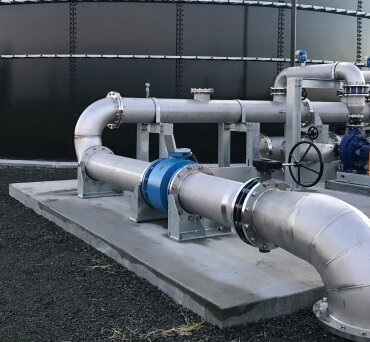

Taranaki-King Country MP Barbara Kuriger
Taranaki-King Country MP Barbara Kuriger says she understands why mayors like Waipā’s Jim Mylchreest are coming out against the government’s Three Waters Review.
She just wishes more councils would do likewise rather than sit back and wait to see what happens.
The government is reviewing how to improve the regulation and supply arrangements of drinking water, wastewater and stormwater (three waters).
Most three waters assets and services are owned and delivered by local councils.
The government’s plan is to merge 67 different water organisations currently run by councils, into just four and transfer all council water assets to a new national water regulator – Taumata Arowai – which would set the standards for quality.
Four mega water authorities would own and manage the water services on behalf of local councils.
Mylchreest told The News the reforms were a “nonsense”. At least two other mayors in Waikato are advocating a referendum on the issue.
Waipā is set to receive just under $21 million as part of a $2.5 billion Three Waters package for local governments.
“What worries me if you’ve got councils coming out in favour of Three Waters,” said Kuriger.
They were the ones who had not been as forward thinking as Waipā in installing water meters and funding water provision appropriately.
Kuriger is also annoyed about the Water Services Bill which would see Taumata Arowai registering about 70,000 rural water schemes throughout New Zealand.
Each would require safety and risk management plans.
“The bill will also affect holiday homeowners sharing a bore, marae and subdivision water schemes,” said Kuriger.
“National managed to secure some concessions during the Select Committee process re this last bill, but we’re fearful of the compliance costs and administration burdens this will create for farmers and growers, while any supposed safety gains will be minimal.”
Urban areas and cities like Auckland, which takes water from the Waikato River to meet demand, were starting to think more about water storage.
Perhaps the trend away from installing buried water tanks into new builds might swing back in order to capture more rainwater, she said.









